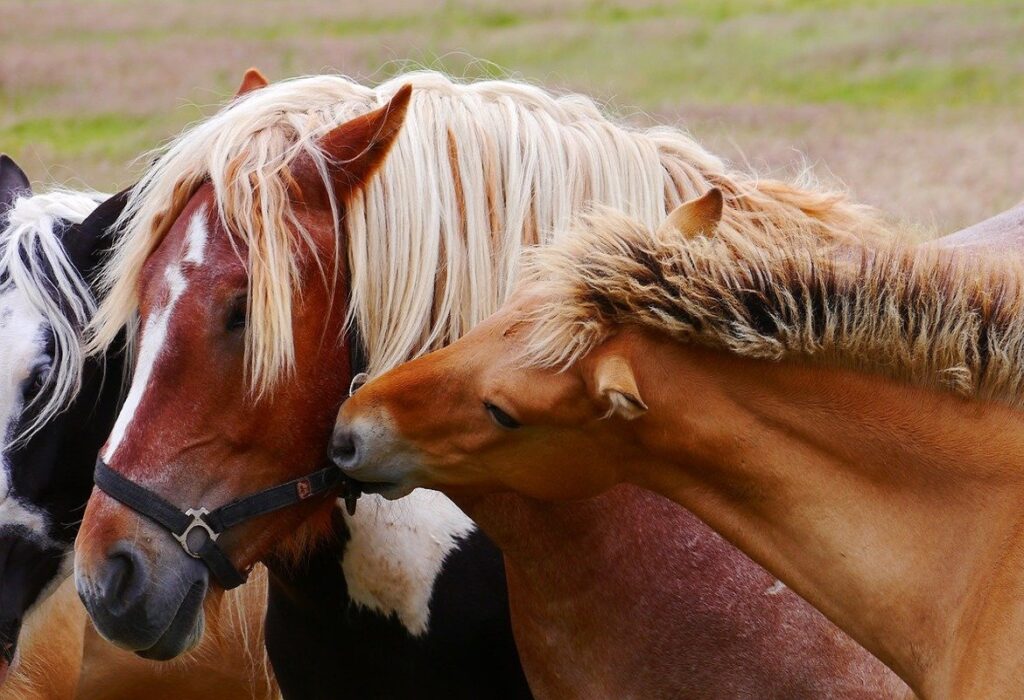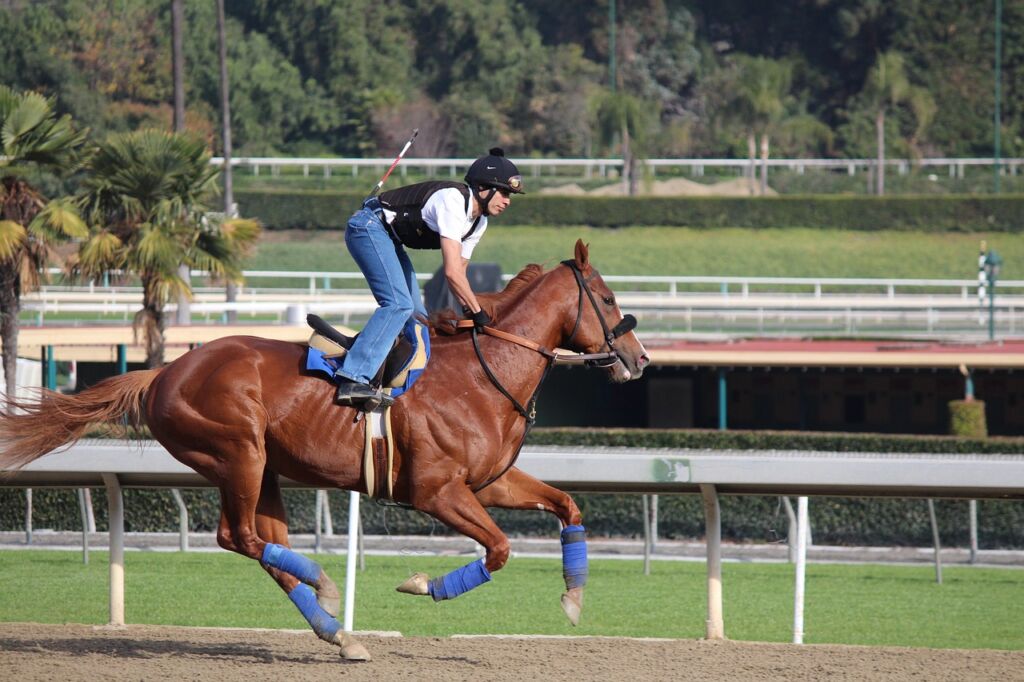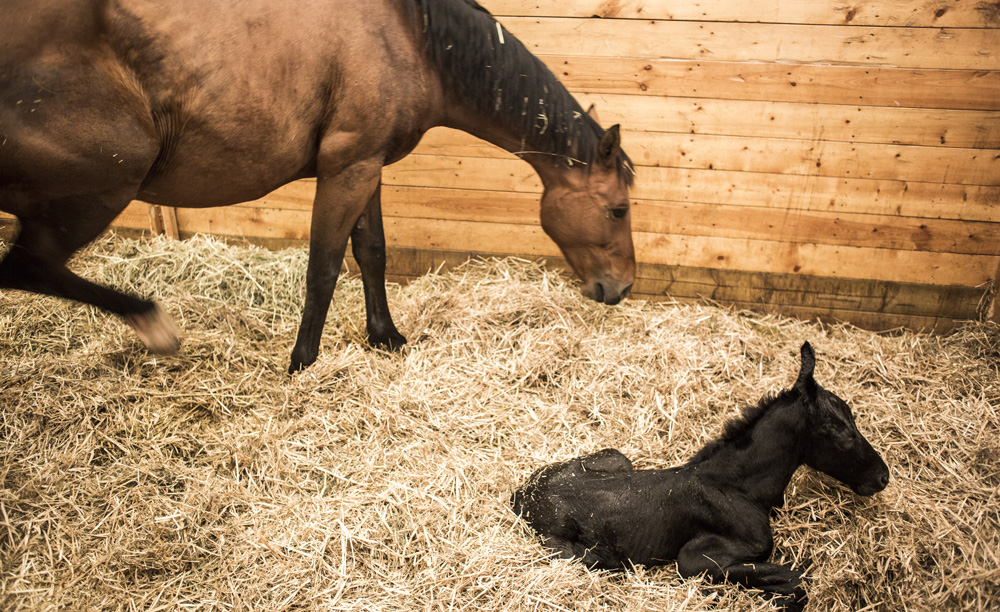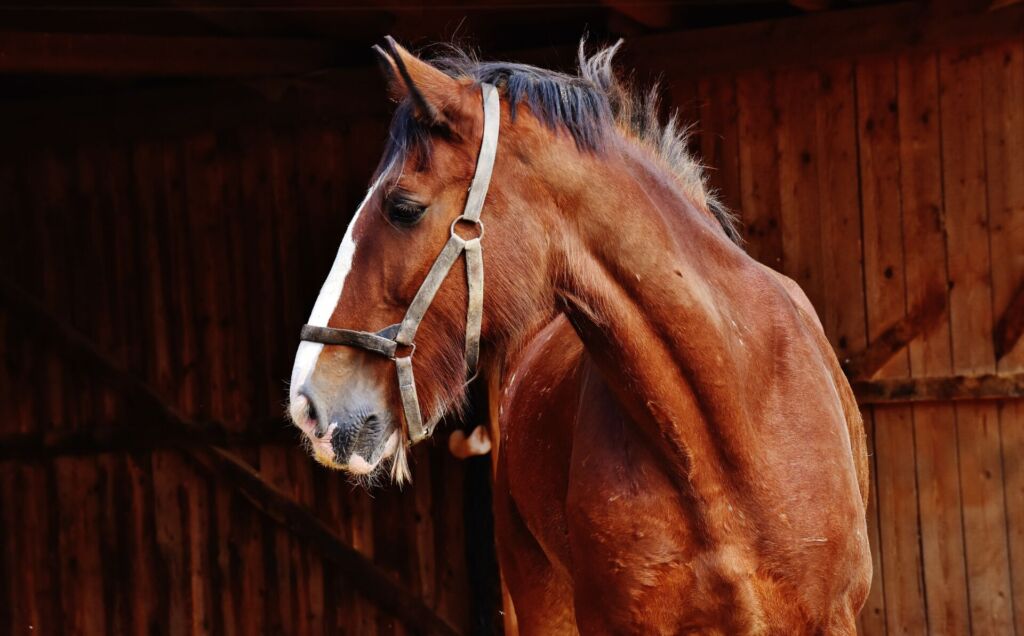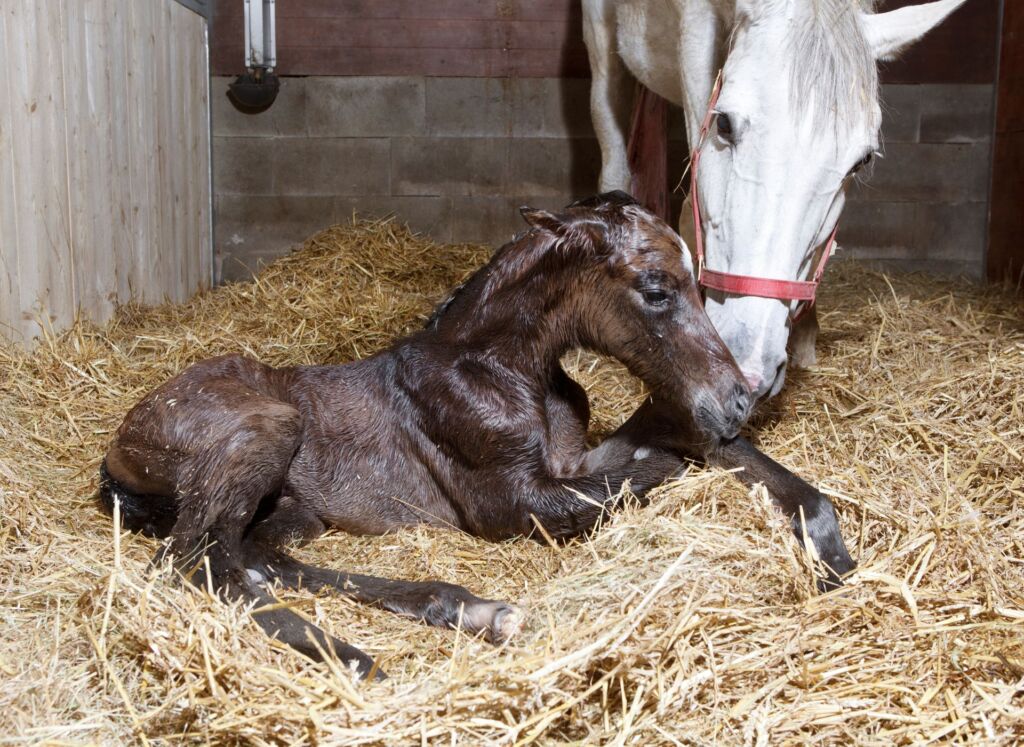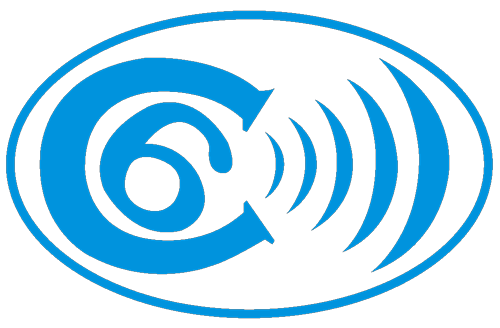Monitoring the health of your foal is not easy. For this reason it is always necessary to consult your veterinarian. However, there are some precautions that every breeder can follow independently and some attentions that should not be underestimated. Let’s see what advice you should bear in mind. Naturally, they should be customised according to the individual’s needs and the vet’s instructions.
Feeding: the first step in monitoring your foal’s health
When it comes to horses, nutrition is also very important. The foal, at such a critical time in its life, when it is growing up, must be fed top quality fodder. This good habit is essential as it helps the foal to grow properly. During the first month of life alone, the foal grows 1.5 kg a day. By the time he is one year old, he has achieved 50% of his development. This is why it is necessary to monitor the foal’s health constantly and provide it with the necessary nutrition.
Obviously, the mother must also be fed with food of the same quality. This will allow healthy lactation in the first periods after foaling. It must always be ensured that the dam receives an adequate supply of protein, vitamins, fibre and minerals.
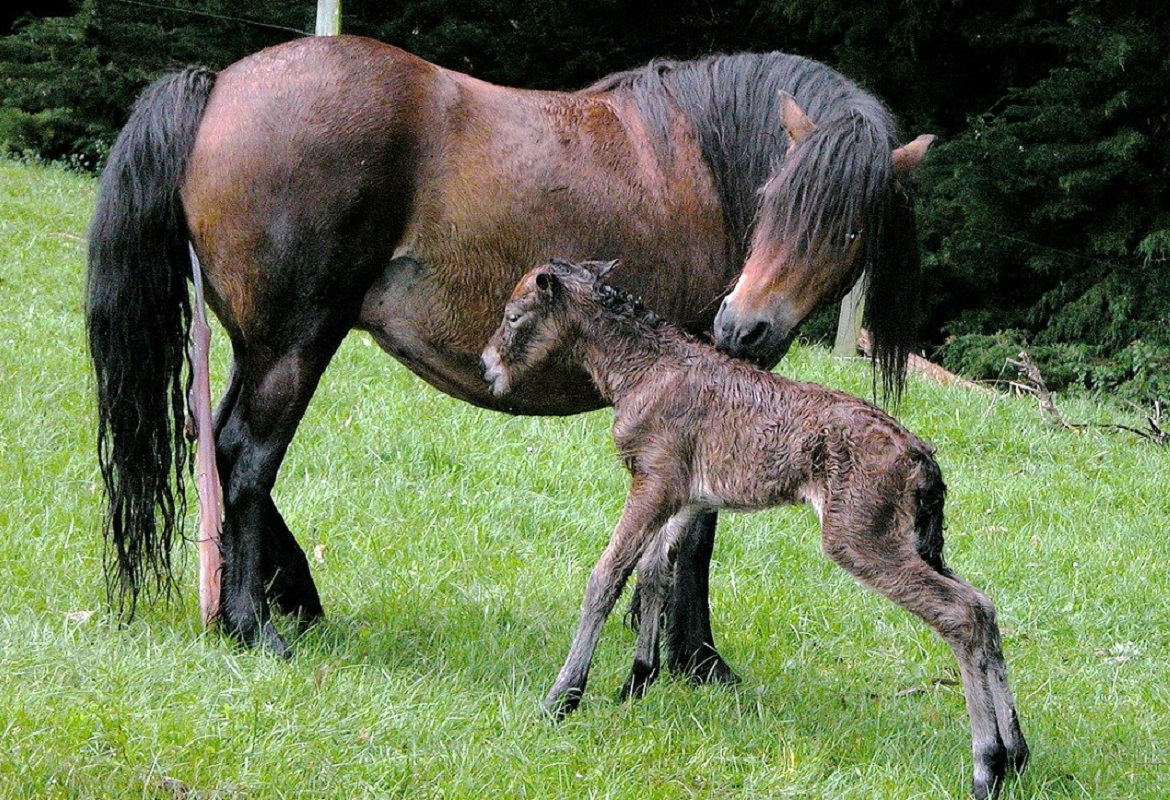
Care for the locomotor system
The quality and quantity of the foal’s daily ration are also crucial in preventing certain diseases and disorders of the bones, cartilage and tendons. Proteins should therefore be of high biological value. Vitamins, in particular vitamin E with its antioxidant properties, and minerals such as selenium, help to prevent certain muscle diseases. Other minerals (such as manganese, calcium, copper…) contribute to good bone formation.
Monitoring the foal’s health also means observing it and checking that its bones and muscles are growing correctly, healthy and strong. If in doubt, your vet will certainly know how to intervene, firstly by optimising your foal’s diet.
How to prevent or reduce parasitic infections in the foal?
Unfortunately, it is very likely that the horse will be attacked by parasites, mostly gastrointestinal, during its life. In certain cases older horses have been shown to have acquired some immunity to certain parasites. Therefore, if they do attack, intensive care is not required. For foals, however, it is very different: they are the most at risk, due to their young age. A good habit is to monitor the foal’s health by asking your vet for regular checks.
This, together with the aforementioned precautions, should be enough to ensure that the horse grows up healthy and strong.
The foal’s habitat
A foal, just like an adult horse, needs an environment that is suited to its needs. It is therefore necessary to provide for the foal’s well-being in this respect as well. The environment must first of all be properly constructed and thermally insulated to protect the animal from the weather. They should be clean and of an appropriate height and size, as well as providing good lighting and ventilation.
Monitoring the foal’s health since birth
Finally, it is important to monitor the foal’s health from birth and to closely follow the mother during pregnancy and labour. A good Foaling Alarm can help with this. You can find all details HERE.



